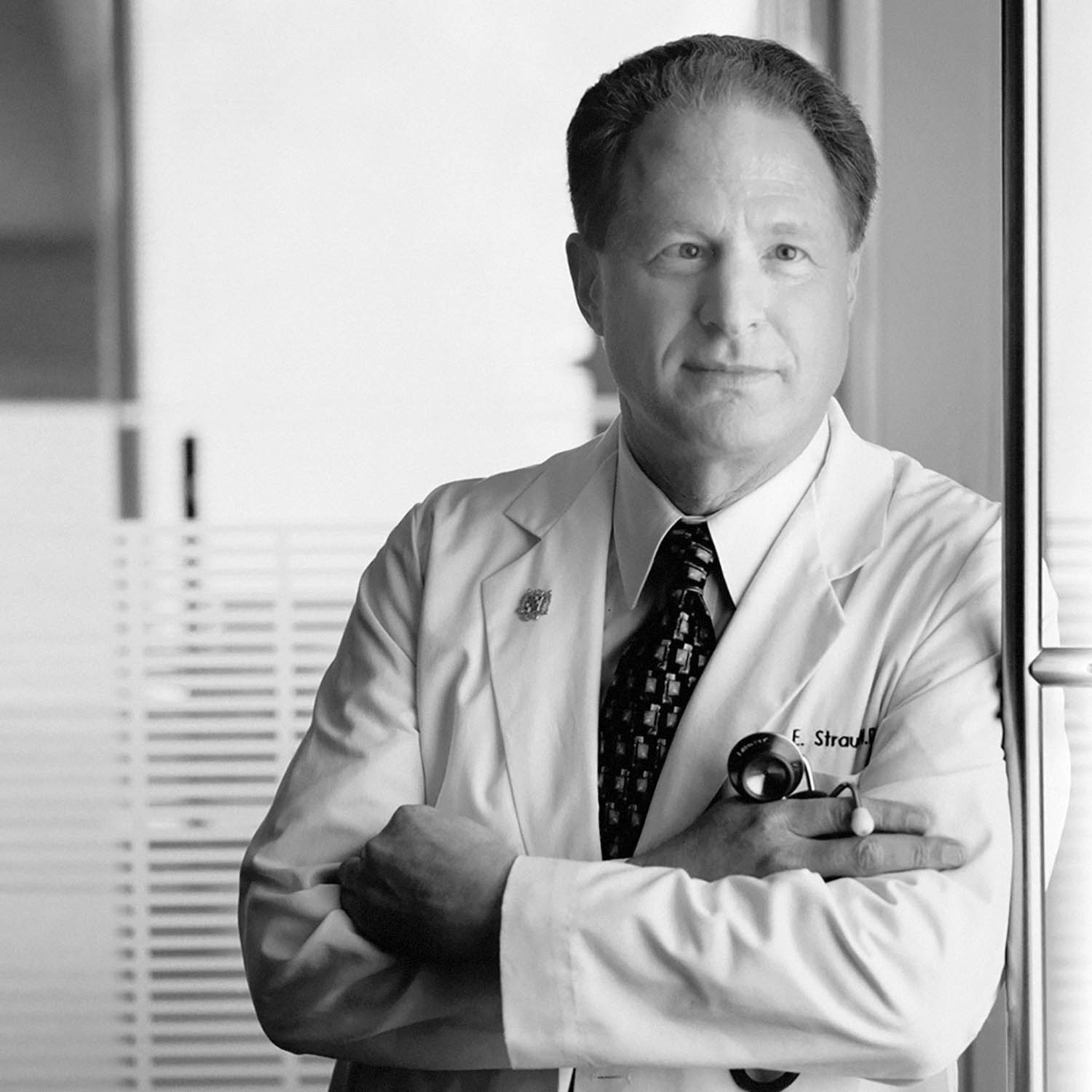Distinguished Lecture Series
Lecture Description
The annual Stephen E. Straus Distinguished Lecture in the Science of Complementary Therapies was established to honor the founding director of the National Center for Complementary and Alternative Medicine (renamed the National Center for Complementary and Integrative Health in 2014). The Stephen E. Straus Distinguished Lecture, the premier lecture at our Center, features leading figures in science and medicine. The lecture series is supported by the Foundation for the National Institutes of Health with a generous gift from the Bernard Osher Foundation.
Biography of Stephen E. Straus, M.D.
As Director of the Center from 1999 to 2006, Dr. Straus built a comprehensive research enterprise, championing the efforts to establish the efficacy and safety of complementary health practices while upholding the rigorous standards of science for which the National Institutes of Health (NIH) is known. Under his leadership, research on complementary and integrative medicine at NIH grew threefold, facilitating his vision of an evidence-based integrative approach to health care for the benefit of the public. An internationally recognized scientist, Dr. Straus also held the position of senior investigator in the Laboratory of Clinical Investigation at the National Institute of Allergy and Infectious Diseases.
Dr. Straus had extensive basic and clinical research experience related to many conditions including chronic fatigue syndrome, Lyme disease, HIV/AIDS, chronic hepatitis B virus, and genital herpes infections and chronic post-herpetic pain. Under his leadership, scientists demonstrated that acyclovir suppresses recurrent genital and oral herpes. He was part of the nationwide research team that showed a vaccine was effective in preventing shingles (herpes zoster virus) in older adults.
More
His studies of patients who failed to recover from infectious mononucleosis led Dr. Straus to characterize rare, fatal chronic Epstein-Barr virus infections. These studies also led to his recognition of the autoimmune lymphoproliferative syndrome (ALPS), the first disorder of lymphocyte apoptosis. His investigations of over 200 such patients form the basis of most of what is known today of this disorder’s clinical and biological features, including its pronounced risk of lymphoma.
As a physician-scientist, Dr. Straus was compassionate and kind, always searching for answers to improve the health of his patients. His bench-to-bedside research yielded original insights into the pathogenesis and management of several viral and immunological diseases. During his long career at NIH, he mentored many young investigators who have become extraordinary physician-scientists in their own right.
More about Dr. Stephen E. Straus
Lectures are streamed live online at videocast.nih.gov

Upcoming lectures
Currently, there are no upcoming lectures.
Past lectures
December 2, 2024
The Economic Impact of Whole Person Health
Patricia M. Herman, N.D., Ph.D.
Senior Behavioral and Social Scientist, RANDProfessor of Policy Analysis, Pardee RAND Graduate SchoolCo-Director RAND Research Across Complementary and Integrative Health Institutions (REACH) Center
December 6, 2023
Novel Insights Into Heart-Brain Interactions and Neurobiological Resilience
Ahmed Tawakol, M.D.
Director, Nuclear Cardiology and Co-Director, Cardiovascular Imaging Research Center, Massachusetts General Hospital; Associate Professor of Medicine, Harvard Medical School
December 13, 2022
Laura Stroud, Ph.D.
Professor of Psychiatry and Human Behavior Warren Alpert Medical School of Brown UniversityDirector and Senior Research Scientist Center for Behavioral and Preventive MedicineThe Miriam Hospital
Providence, Rhode Island